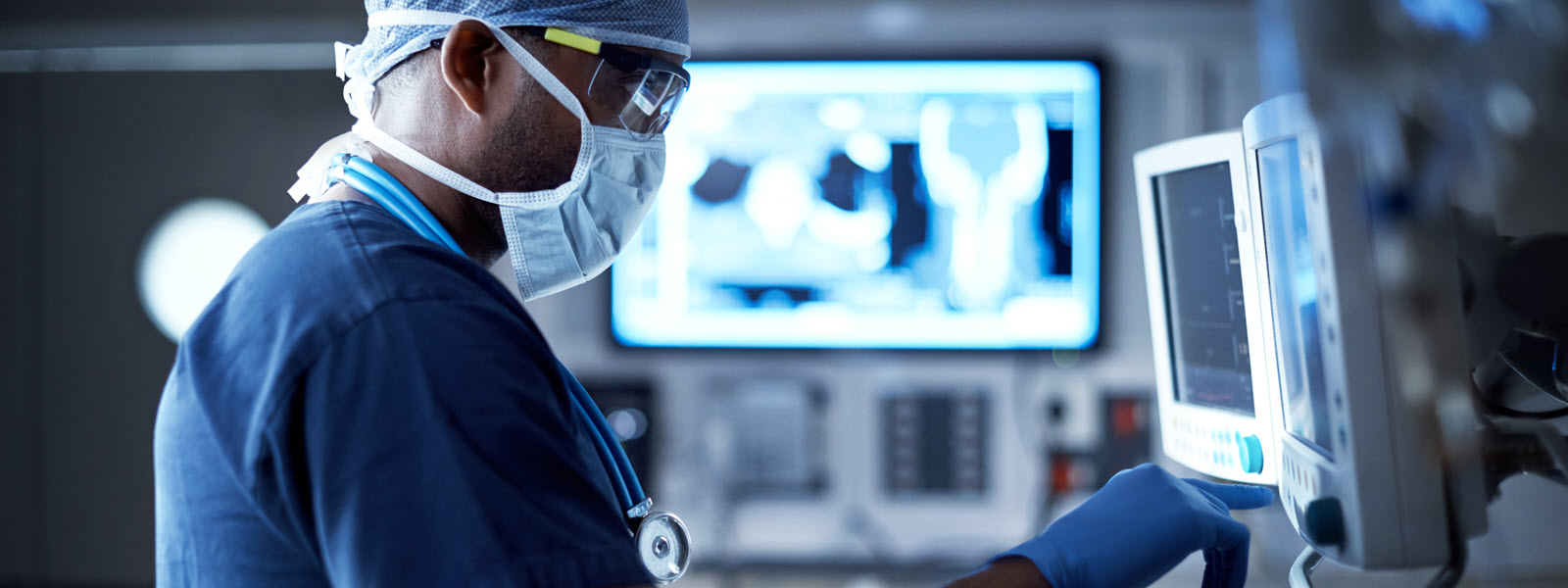To make big data successful in data accumulation, a company must be able to handle a diverse variety of possibly un-matching data from disparate sources, or the Internet of Things (IoT).
IoT features a grid of everyday objects, including industrial machines to devices that are wearable. These things are forming a network by using built-in sensors to gather real time data and then provide action upon the data collected.
A report by Allied Market Research predicts that the IoT healthcare market will reach $136.8 billion worldwide by 2021. IoT is the future of healthcare data collection and making the lives of patients more efficient.
Why is IoT so important?
- Data driven prediction
- Intelligent solutions
- Smart-technology grids
- Connected devices from personal to business standpoint
IoT is focused on data and devices, and connecting them together. All data, big and small, is the focal point of the connected world of the IoT.
Why is IoT important in healthcare?
- Evolve patientcare – wearable devices enable patients to receive care anywhere, anytime, providing better patient engagement
- Monitor medical assets – employees will spend less time searching and more time with patients
- Maintain vital equipment – ensure devices are properly maintained and ready for use
- Track equipment usage – track overall health via sensors monitoring all aspects of the organization and individual
In healthcare, plans and providers collect data in real-time by utilizing wearable and implantable devices to monitor patients. “Today, there are 3.7 million medical devices in use that are connected to and monitor various parts of the body to inform healthcare decisions,” according to Forbes.com. Intelligent technology solutions facilitate diagnosis, improve treatment, and advance customer service, representing a substantial step towards the improvement of disease treatment.
The data, whether it relates to exercise, sleep, vitals, or other health patterns, can provide organizations with a tremendous amount of actionable data. This high level of monitoring is just the tip of the spear.
The data that can be gathered from IoT can help improve patient outcomes, create a better experience for patients and business stakeholders, and lower cost for all parties in the healthcare system.

